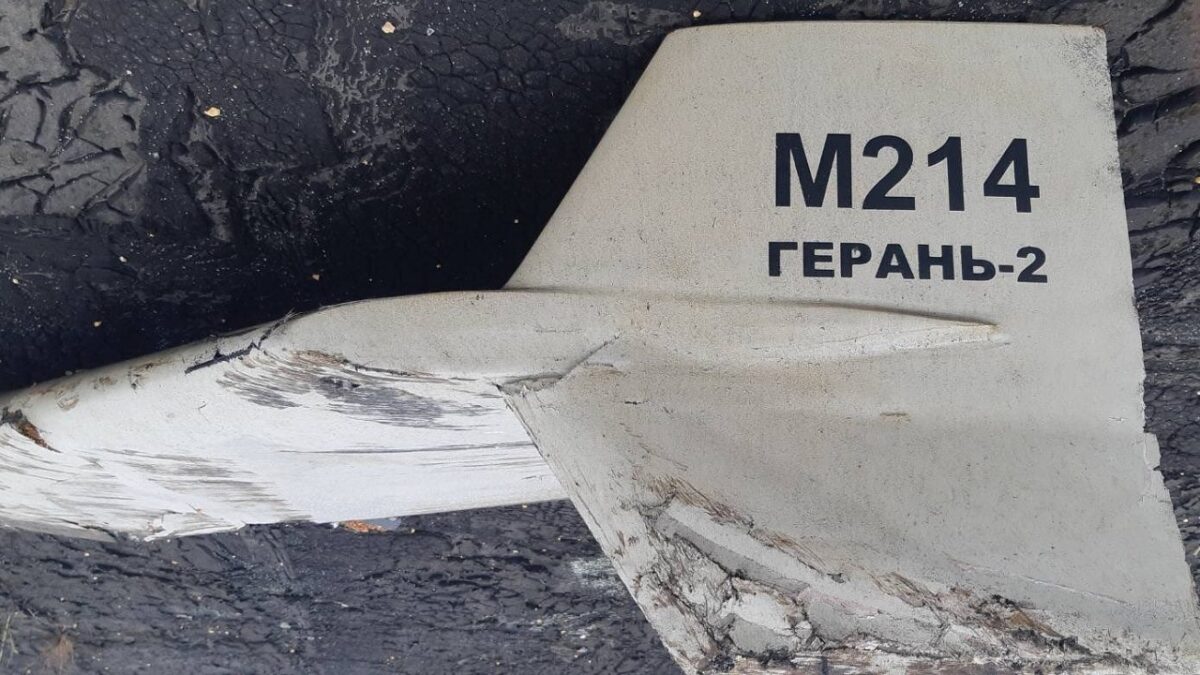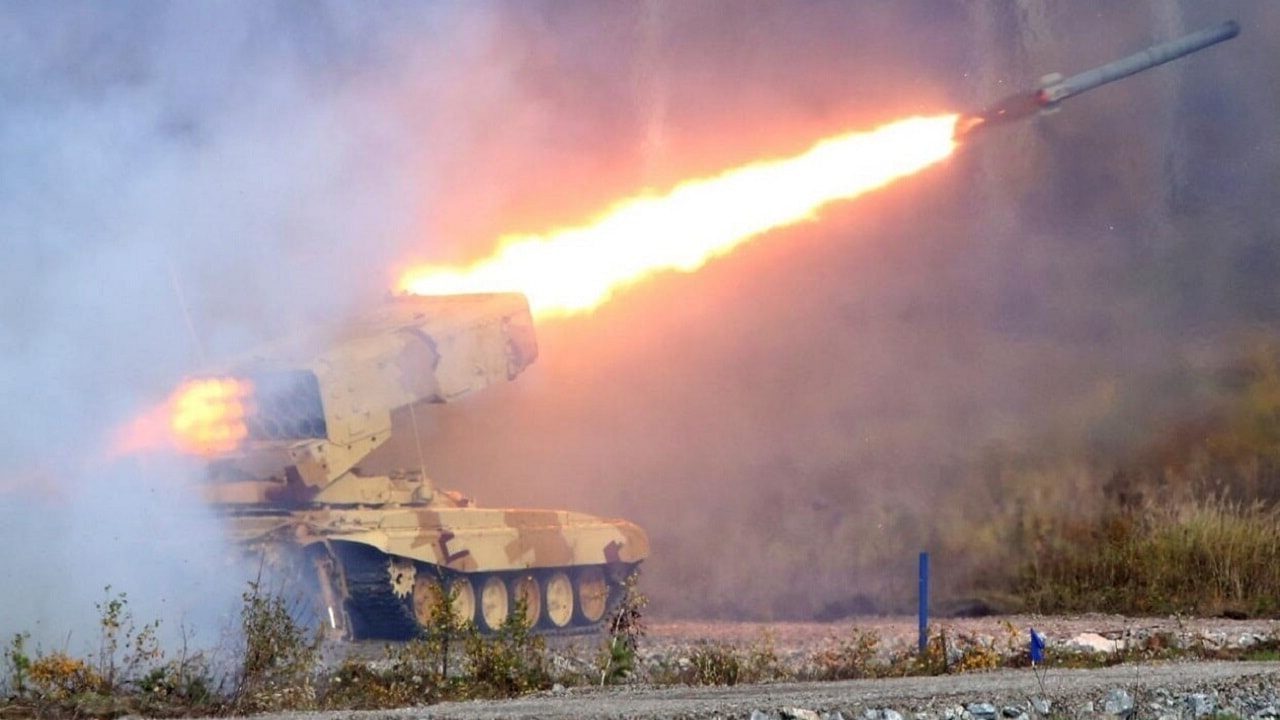Russia continues to attack civilian critical infrastructure in Ukraine. Its missile strikes have interrupted the delivery of electrical power and water, but Ukrainians remain defiant. They will soldier on despite the difficulty. Residents in Kyiv and other cities are becoming used to going without basic services, and they will wait out the hardships until the Ukrainian army can win on the battlefield.
Attack on Basic Services in Ukraine
Russian strikes on Oct. 31 targeted Ukrainian electric substations, hydropower generators, and heat generation facilities, Ukraine’s energy minister said via social media. Power outages were reported in the Kyiv, Zaporizhzhia, Kirovohrad, Kharkiv, and Poltava regions, thus affecting broad swaths of the country’s south and northeast. At least 50 Russian cruise missiles hit facilities in those locations. Russia launches these missiles from its own territory, in the Rostov region, and from naval assets in the Caspian Sea. Iranian drones may also be targeting power substations along the border, in Luhansk and Donetsk.
The New York Times said 80% of Kyiv did not have water. The power supply is grim, with only 50% of electricity generation working in the capital. That means blackouts lasting at least four hours a day, leaving an estimated 350,000 people without power. Across the country, at least four million people are without electricity and 30% of power facilities have been destroyed, according to Ukrainian President Volodymyr Zelenskyy.
Ukraine Residents Are Not Intimidated
A resident of Kyiv, retiree Halashan Viktor, told CNN that not having water is fine since Ukrainian troops are closer to victory. Viktor added that he does not worry about the cruise missile attacks on the capital.
Aleksandr Nechapuriak works in an office without water, but he says he is not too concerned about it and hopes services will return soon. Others with young children are stressed, but told reporters they are willing to wait it out when power goes down or when water services are not available.
Yana Lysenko, a mother of a four-year-old in Kyiv, said that terrorist attacks targeting critical infrastructure do not scare people anymore. She said civilian morale is high, and that will help them survive this difficult period.
Nevertheless, Ukraine’s electricity production has been hobbled by Russian occupation and attacks. Maksim Timchenko, the CEO of DTEK, Ukraine’s largest private power generator, told the magazine Electrek that electricity generation looks grim. Three thermal power plants and one nuclear power plant are located in occupied territories and are unable to produce electricity, Timchenko said. Twenty to 30 percent of the power industry has been taken offline, according to Timchenko.
Could Ukraine Go Dark?
The CEO does not expect some form of “electrical Armageddon” in which power is knocked out across the country, because his company is setting up a system of batteries for long-term backup. Citizens will, however, have to conserve electricity during peak hours and refrain from using appliances that suck up power. There will also be rolling one-hour power outages in the capital to save on electricity.

Shahed-136. Image Credit: Social Media.
With power generation challenged, Ukrainians may have to deal with blackouts throughout the winter. This means people will probably have to share homes with friends and relatives who have heat, or hunker down in subway stations. Russia will likely continue to target critical power and water infrastructure, but at this point, Ukrainians have shown they are willing to withstand the hardships and keep a good attitude during difficult times.
Expert Biography: Serving as 1945’s Defense and National Security Editor, Dr. Brent M. Eastwood is the author of Humans, Machines, and Data: Future Trends in Warfare. He is an Emerging Threats expert and former U.S. Army Infantry officer. You can follow him on Twitter @BMEastwood. He holds a Ph.D. in Political Science and Foreign Policy/ International Relations.

